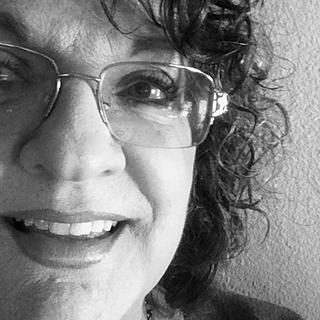Helping Teens Stay Healthy
- Susan Traugh
- May 12, 2024
- 2 min read
Updated: Nov 4, 2024

May ushers in Emergency Medical Services Week and is a good time to teach teens about when and how to call emergency medical services. Knowing when to call for emergency medical services is an important adult living skill and the simple worksheet accompanying this lesson can help teachers create a lesson around emergency medical services.
Teens Need to Know When 911 is Appropriate
Not every medical situation requires a call to 911. Not only do 911 services cost more but using them inappropriately can endanger someone else who is having a real medical emergency.
That is why it is best to explain the four basic levels of care to teens and young adults.
Home care: With programs such as Web MD’s Symptom Tracker and other online sources, people can handle many minor illnesses and injuries at home without any outside help.
Doctor visits: Planning a regular doctor visit is the least expensive way to handle an injury or illness and should be your first step whenever possible. Students should be encouraged to form a relationship with a health care provider so that they are seen regularly and that their provider understands the student’s health history.
Urgent care: Stuff happens. If you have an earache on the weekend or slice your finger making dinner, urgent care is a good option for sort-of-emergency kinds of issues. This is the next higher level of care and is a bit more costly than a regular doctor’s visit.
Emergency care: This is the most expensive care and should be reserved for true emergencies. What is a true emergency? Heart-attacks, profuse bleeding, broken bones, etc. (Check out the 7 common emergency situations in the free lesson included here.)
Knowledge is Power
Knowing when to use emergency medical services and when you can treat something at home can be empowering. But, so can other health information. As young adults move out into the world on their own they may not have access to the support systems they relied on as children. However, learning skills like: treating sprains, diets for illness, how to prepare to see the doctor, what to store in your medicine cabinet, and symptoms of mental illness can all be important skills to keep young people feeling healthy and confident.
For More Information…
“Staying Healthy” from the Daily Living Skills Series is a workbook for young people transitioning into adult life. If you like what you see, go to our Teachers Pay Teachers Website, or check us out our shop on our very own T2L & DLS Website! Books are written on a 3rd/4th grade level and include grading sheets, answer keys and parent information letters to comply with federal standards for transition skills. The Teacher’s Manual (sold separately) provides information on program set-up and maintenance along with pre/post-assessments, written ITP (Individual Transition Plan) goals for each book, and parent/student interest inventories.


























Comments